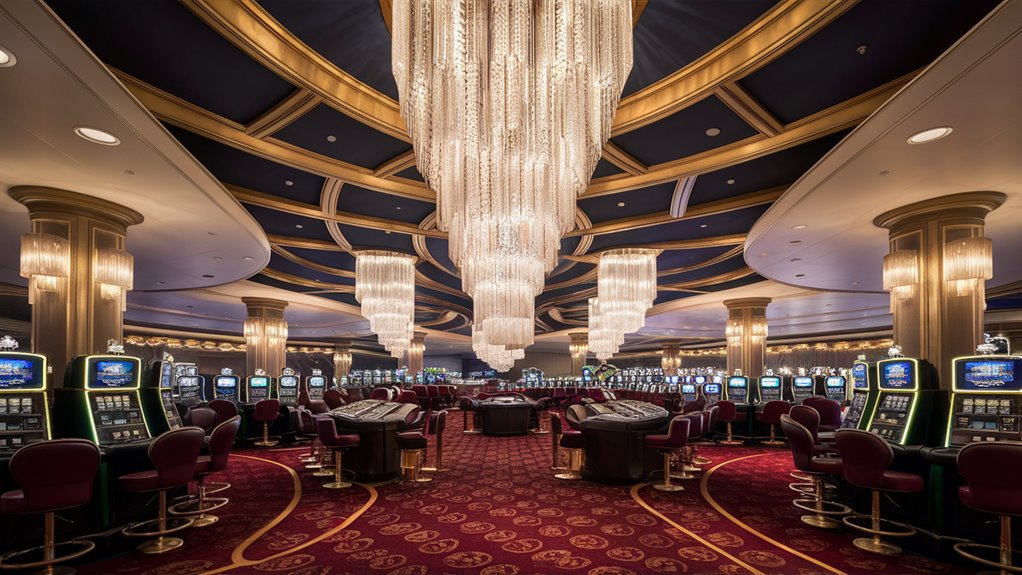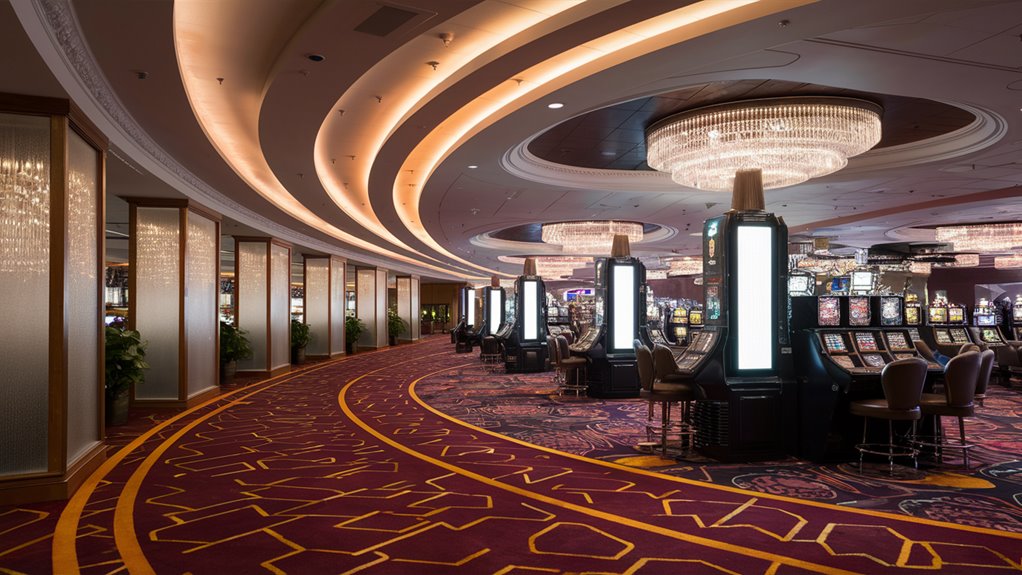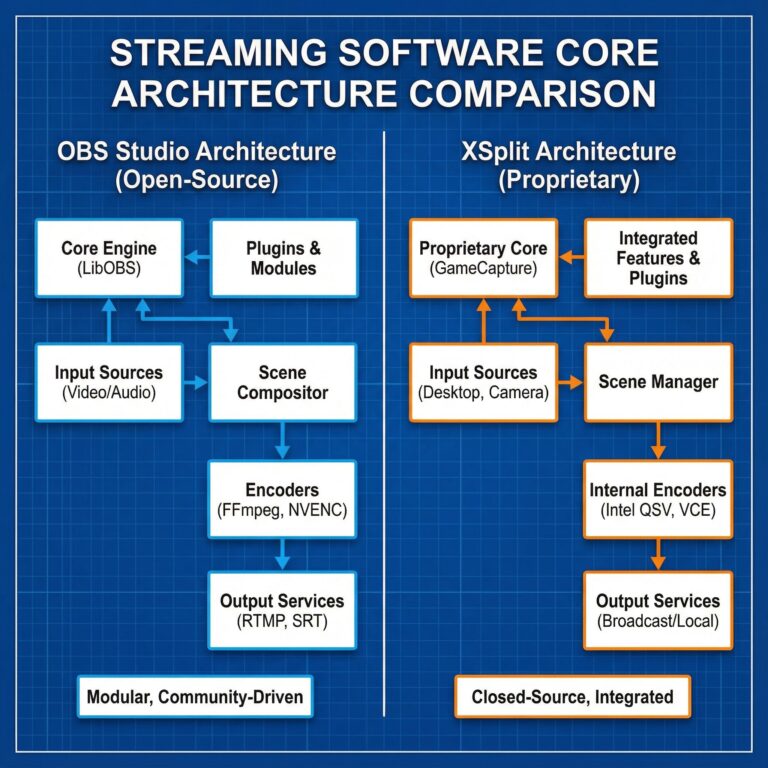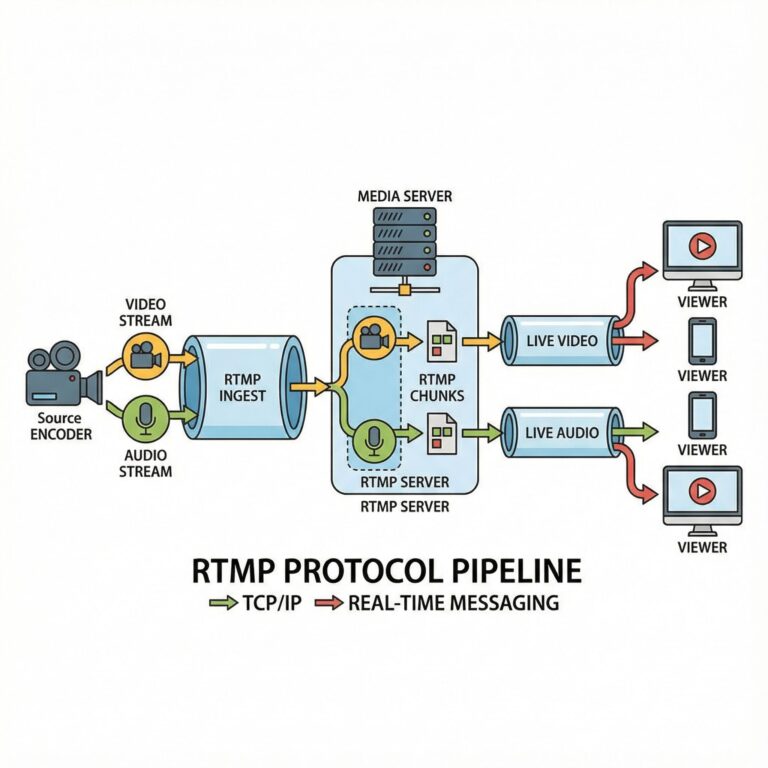Casino Design: How Looks and Use Fit Together to Make the Best Casino

Today’s casino design mixes building mind study and smart build work to create immersive gaming environments. Smart layout setups employ winding paths and squeeze-give zones, guiding visitor movements throughout the space.
Lighting and Mood Design
Well-set light setups use warm yellow tones with spotlights, creating an optimal gaming ambiance. These lighting choices enhance both player comfort and game visibility while maintaining the distinct casino atmosphere that captivates guests.
Space Use and Game Spread
The ideal casino floor arrangement allocates 70-80% of space to slot machines and 20-25% to table games. Key gaming elements are placed along main walkways to enhance player interactions and engagement opportunities.
Control Over the Environment
Advanced air control systems maintain set temperatures between 68-72°F, while efficient air units provide 12-15 full air changes per hour. Sound engineering keeps noise levels at 45-55 dBA, fostering an environment conducive to extended play and concentration.
These innovative design elements blend to deliver the iconic casino experience, merging visual appeal and functional utility to create spaces that continuously encourage player interaction and enjoyment.
The Thoughts Behind Layout Design
Smart Casino Layout Rules
Casino layout design employs robust psychological principles to craft immersive, comprehensive environments that enhance visitor experience and interaction.
The strategic placement of high-return games along main paths promotes player engagement through thoughtfully arranged attractions.
Winding floor plans generate a sense of discovery while maintaining clear views to various gaming areas.
Behavior Design Elements
Desire loops form the foundation of intelligent space arrangement, with slots and table games positioned to sustain prolonged gameplay.
The design conceals exits and clocks while strategically displaying winning moments across the gaming floor.
High-performance machines occupy prominent positions at end-caps and prime decision-making spots where foot traffic dwindles.
Top Movement Design
Curved paths replace straight corridors, fostering anticipation and mystery throughout the environment.
Essential amenities like dining areas and assistance are located deep within, encouraging natural movement through numerous gaming stations.
This strategic blend of layout psychology, precise lighting control, and acoustic engineering cultivates a holistic environment that enhances visitor interaction and extends their stay.
Smart Lighting and Color Schemes
Smart Casino Lighting and Color Design
The Psychology of Casino Lights
Intelligent lighting strategies are pivotal in modern casino design psychology.
Casinos employ warm lighting systems, utilizing shades of amber and gold, creating an artificial twilight ambiance that keeps time obscured while preserving guest comfort.
These well-calibrated light levels ensure optimal visibility without harsh shadows or glaring brightness that could detract from the gaming experience.
Color Psychology in Gaming Areas
Casino color schemes adhere to strategic color principles that guide guest attention throughout the venue.
Vibrant red tones populate busy areas and key gaming zones, stimulating excitement and interaction.
Premium color palettes incorporating deep purples and rich blues designate VIP sections, creating a sense of exclusivity and luxury. These strategic color applications harmonize with specific lighting arrangements to establish distinct atmospheric zones.
Optimal Lighting Arrangement
The dynamic interplay between focused gaming lighting and soft ambient lighting creates a meticulously crafted environment.
Direct table lights ensure critical visibility for gaming activities, while soft ambient lighting nurtures a welcoming atmosphere in surrounding areas.
This multi-tiered lighting approach guarantees sustained gaming concentration while creating an inviting space that encourages prolonged play sessions. The balanced combination of task-specific lighting and ambient lighting design captures the best aspects of functionality and ambiance.
Movement Flow and Navigation
Casino Movement Flow and Navigation Systems

Strategic Layout Design
Contemporary casino layouts employ intelligent flow patterns that guide visitor movements through thoughtfully arranged gaming zones.
These pathways utilize curved corridors and alcoves to enhance player engagement while maintaining operational efficiency.
Key Navigation Elements
Casino floor plans often feature a central pathway encircling a primary gaming pit, with auxiliary paths leading to specialized gaming areas and amenities.
The design incorporates squeeze and release zones, transitioning between narrow corridors and expansive gaming floors to 더 많은 정보 보기 enhance visitor exploration and discovery.
Optimal Navigation Assistance
Intelligent navigation systems rely on strategic displays of visual cues, from architectural elements to strategically placed high-return gaming zones.
Slot machine placements and architectural components serve as natural guides while maintaining clear visibility of exits.
Digital navigation tools and signage seamlessly integrate into the overall gaming atmosphere, enhancing guest orientation without compromising the immersive experience.
Key Design Elements
- Circular pathways optimizing space utilization
- Strategic choke points influencing dynamic guest flow
- Visual wayfinding strategies facilitating natural navigation
- Strategically placed digital signage enhancing guest awareness
- Clear exit routes maintaining safety standards
Game Floor Arrangement Principles
Intelligent Game Floor Layout & Design Enhancement
Maximizing Revenue Through Movement Flow Management
Intelligent game floor arrangements employ proven methods to maximize revenue per square foot through optimal space utilization.
High-performing slot machines perform best when strategically positioned along main traffic corridors, while table game clusters create vital energy zones and enhance dealer supervision efficiency.
Density Variation Strategy
The density variation strategy is a critical aspect of contemporary game floor layouts:
- High-density slot arrangements near entry points
- Variable mid-floor gaming zones
- Premium gaming areas and table game pits in deeper floor sections
Optimal sight lines remain essential, maintained through 54-inch maximum equipment heights, ensuring comprehensive floor visibility and improved security oversight.
Space Utilization & Support Infrastructure
Game floor space allocation for maximum profitability:
- 70-80% dedicated to slot machine areas
- 20-25% for table games
- 5-10% reserved for specialized gaming options
Support infrastructure requires strategic integration:
- Cash cage locations
- casinos strategically manipulate your mind
- Counting room areas
- Security system installations
- Player assistance stations
This refined space allocation model, complemented by established machine mathematics and player psychology principles, creates gaming environments that enhance both operational efficiency and revenue potential.
Control Over the Atmosphere and Comfort
Casino Atmosphere Control Systems
Temperature and Humidity Management
Environmental comfort systems function as critical components in modern casino design, where precise control of air conditions directly influences player satisfaction and gaming profitability.
Maintaining optimal temperatures between 68-72°F (20-22°C) with consistent humidity levels of 45-55% creates the perfect gaming environment, enhancing player interaction and playing times.
Advanced HVAC Solutions
Multi-zone HVAC systems with high-performance air components provide 12-15 air changes per hour, intelligently managing indoor air quality and removing smoke particles.
The strategic positioning of air intakes and return vents ensures controlled airflow that protects gaming assets while ensuring guest comfort.
Acoustic Design and Noise Control
Noise management is vital in casino environment design. High-performance acoustic solutions include ceiling tiles with NRC ratings exceeding 0.70 and strategically placed sound panels that maintain ideal ambient noise levels between 45-55 dBA.






